The self-checkout experiment has failed, according to American professor
Self-checkout technology has failed to achieve its intended purpose, despite its increasingly popularity, an expert has said.
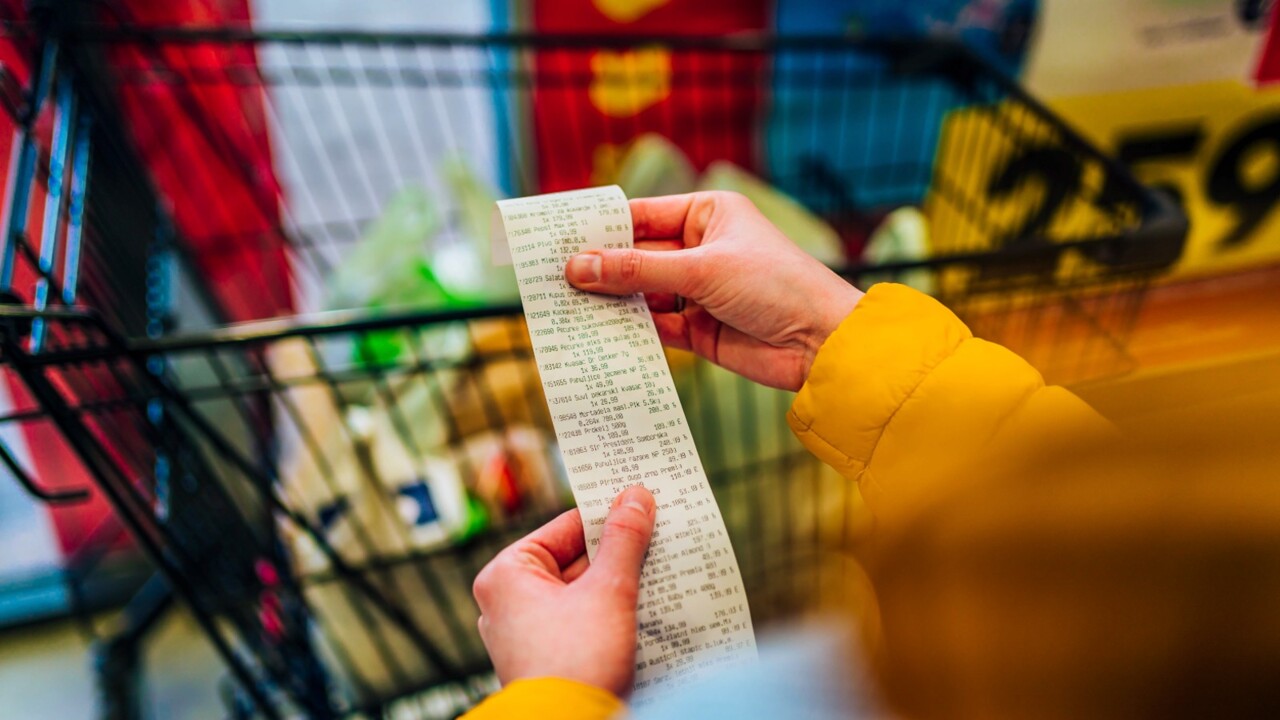
The self-checkout experiment has failed to achieve what it was supposed to, an American professor specialising in the technology has declared.
Chris Andrews, an Associate Professor and Chair of Sociology at Drew University in New Jersey, shared his thoughts with 3AW on Tuesday on the technology that has become increasingly popular over the last decade.
“They haven’t lived up to their promise; they haven’t saved stores money,” he said. “They’re not faster and more convenient.”
Professor Andrews said, broadly, self-service checkouts were brought in on the guise of consumers receiving benefits such as savings.
This hasn’t happened, he claims.
“For consumers today, self-checkout doesn’t really offer any sort of economic incentive,” he said.
“It just invites you to do work for free for the supermarket.”
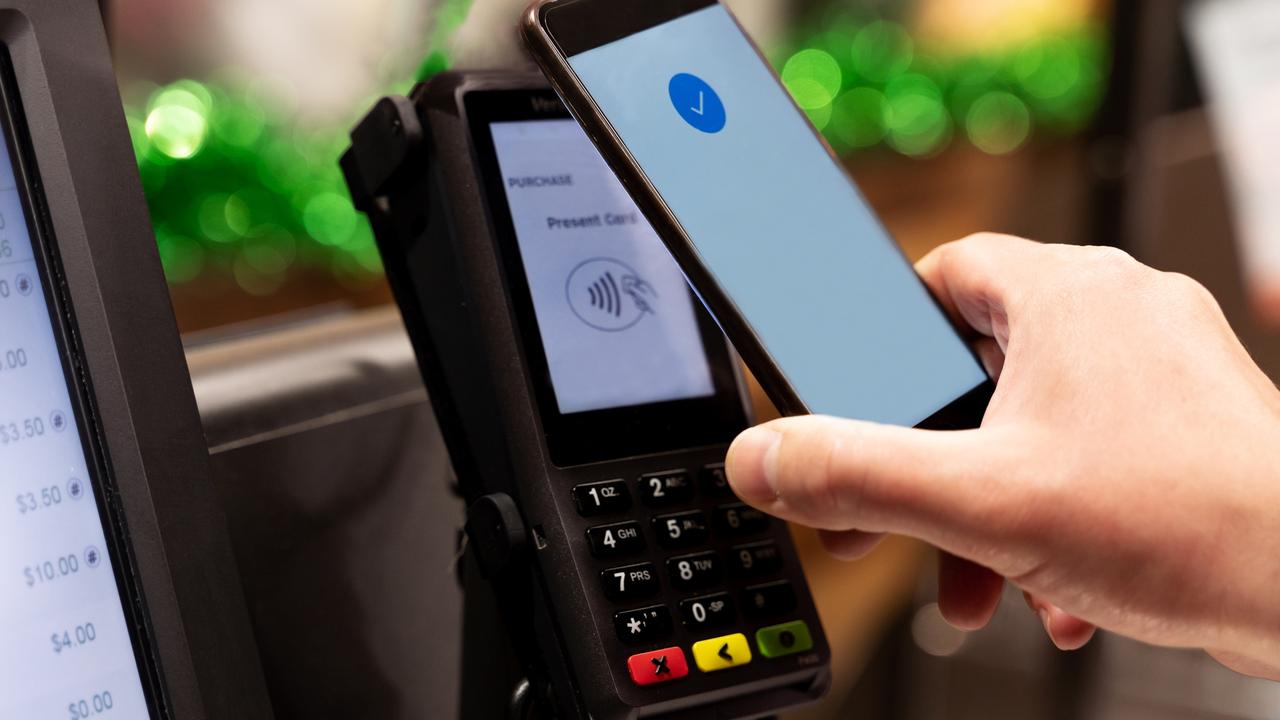
Prof Andrews, who in 2018 authored a book titled Overworked Consumer: Self-Checkouts, Supermarkets, and the Do-It-Yourself Economy, said that while the tech was common in supermarkets, it was quickly spreading into other sectors.
“Companies like hotels, airlines, supermarkets, retail stores, they see customers as the next frontier of really not even cheap, but free labour for them – and to help them with their bottom line and profits,” he said.
“It’s a question about what is the meaning of service – in the United States the meaning of service is the value proposition of someone performing something for you that you’re paying for.
“I think customers really have to ask: ‘What is the value of self-service?’”
As for whether they will stick around, Prof Andrews said, ultimately, shoppers en masse have the final say.
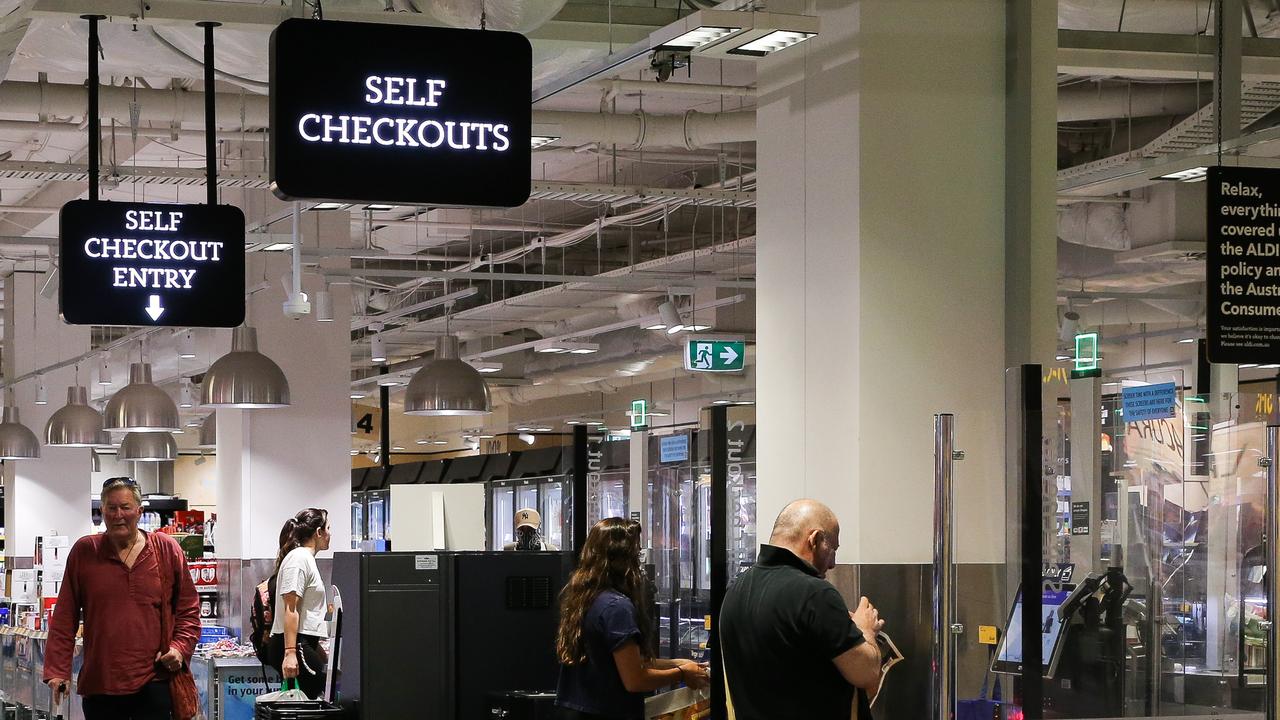
“In the competitive market, customers get to vote with their (wallets). And so a lot of this will be up to consumers to decide,” he said.
“I think what we’re going to see in the short term, near future is a sort of splitting or bifurcation where if you’re willing and able to pay more, you’ll be able to get in-person human service.
“But for those looking for low prices and discounts, you’ll be expected to take on more of the work.”
Last year saw the use of the facilities reconsidered by a handful of global supermarket chains, following complaints that both service and human interaction were lacking.
“Our customers have told us this over time – that the self-scan machines that we’ve got in our stores … can be slow, they can be unreliable [and] they’re obviously impersonal,” Booths managing director Nigel Murray told the BBC.
The British retailer announced in November 2023 it would remove the kiosks from all but two of its 28 grocery stores.
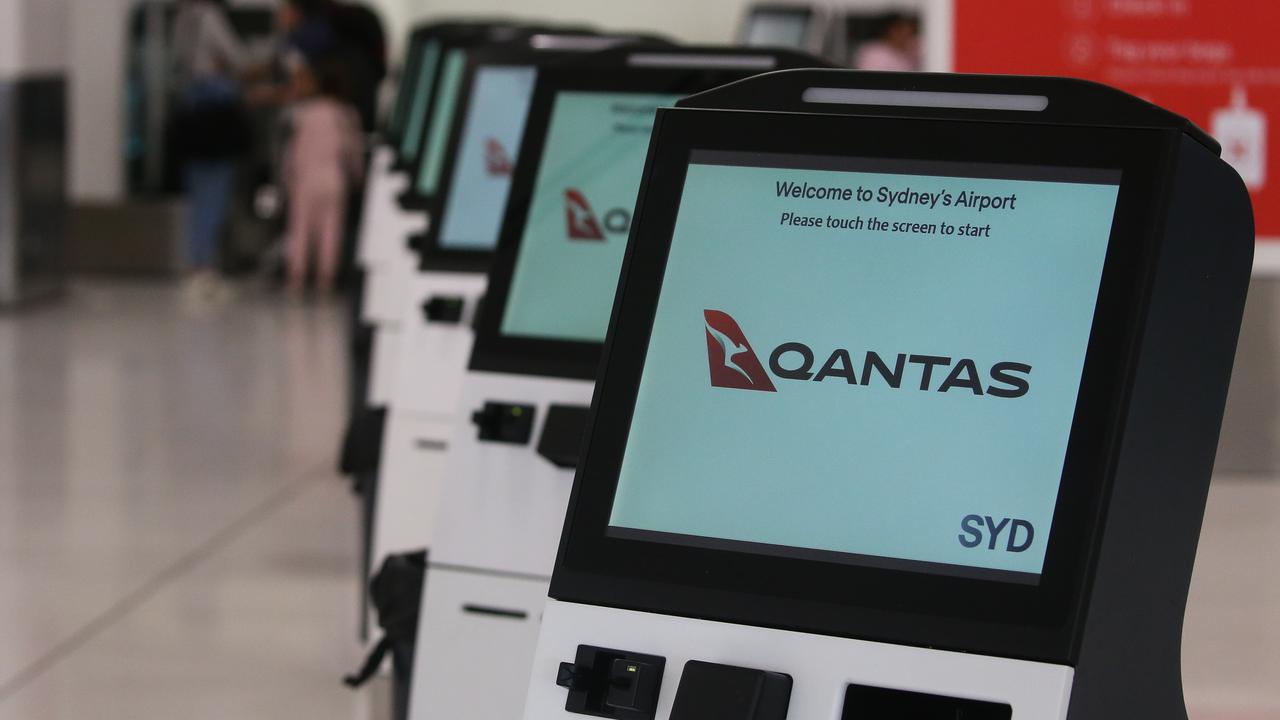
Despite similar criticism being levelled at Australia’s two major supermarkets, Coles and Woolworths, neither intend to follow suit.
Representatives for both grocery giants previously told news.com.au that staffed registers and self-checkout hold equal merit – a sentiment echoed by Queensland University of Technology (QUT) Business School Associate Professor Paula Dootson.
“Consumers have different preferences when it comes to shopping, and if consumers are given a choice – self-checkout or staffed checkout – then they can choose what they prefer,” Professor Dootson, a researcher in consumer behaviour and digital transformation, told news.com.au.
What frustrates shoppers, she explained, is “when they either do not get the choice, or they find themselves waiting in line, and there are empty checkouts that they think they could be using rather than waiting in line, causing anger … with how the store is allocating their resources”.
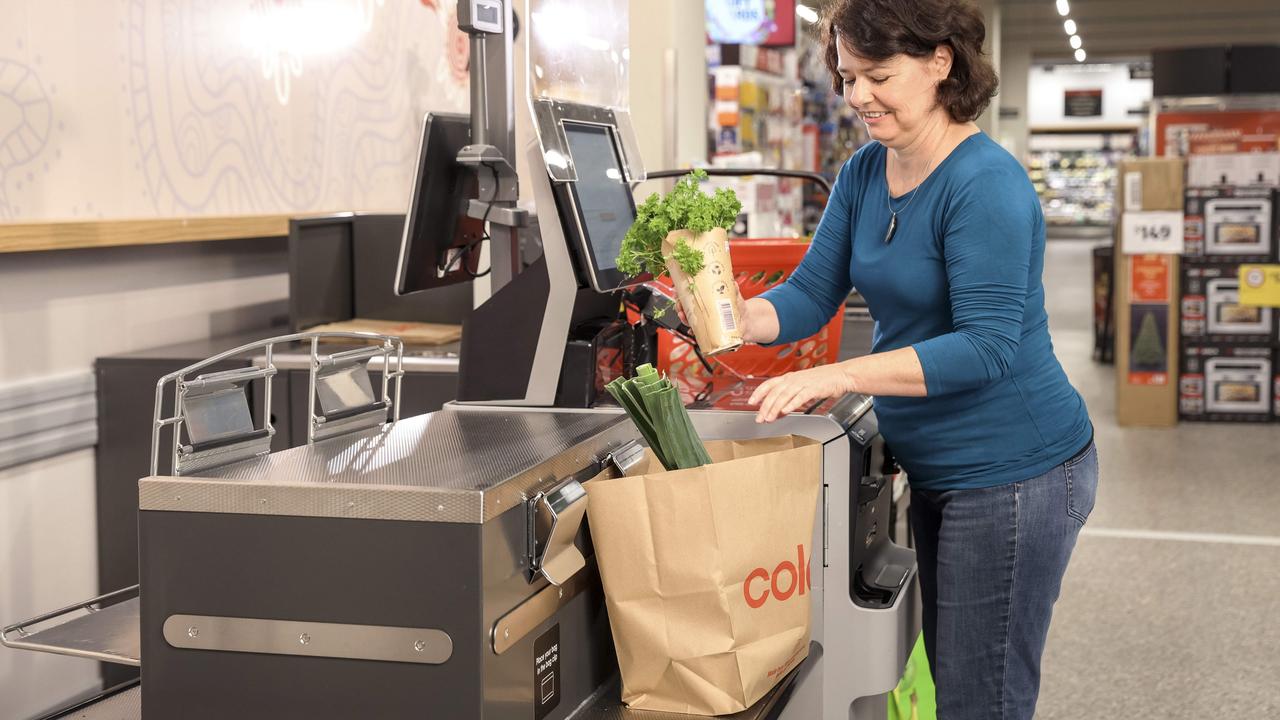
Professor of Marketing at Sydney University’s Business School, Vince Mitchell, attributed prevailing myths about self-checkouts – namely that they’ve reduced the number of jobs – to a lack of understanding about resource deployment.
“I just don’t think it’s been well explained that checkout staff are redeployed doing other things, and [that] not all of those other things benefit consumers in the same way as seeing someone help you with your groceries does,” Professor Mitchell told news.com.au.
“It seems counterintuitive to people that you take people away from ‘visible’ work, and they do things that are ‘invisible’ to shoppers.”
Prof Dootson agreed. “Customers see less staffed checkouts when self-checkouts are put in store, but they do not see an increase in staff behind the scenes to service the other models of consumption like e-commerce (delivery) and click and collect,” she said.
Australia’s major supermarkets have also recently claimed to have bolstered their workforces.
In a November update, Woolworths Group CEO Brad Banducci said there are now “more jobs at Woolies, not less” to cater to rapid grocery delivery, the traditional in-store experience and other options such as Direct to Boot.
Coles also claims to have “recruited an additional 22,000 team members” compared to five years ago.
— with Natalie Brown






